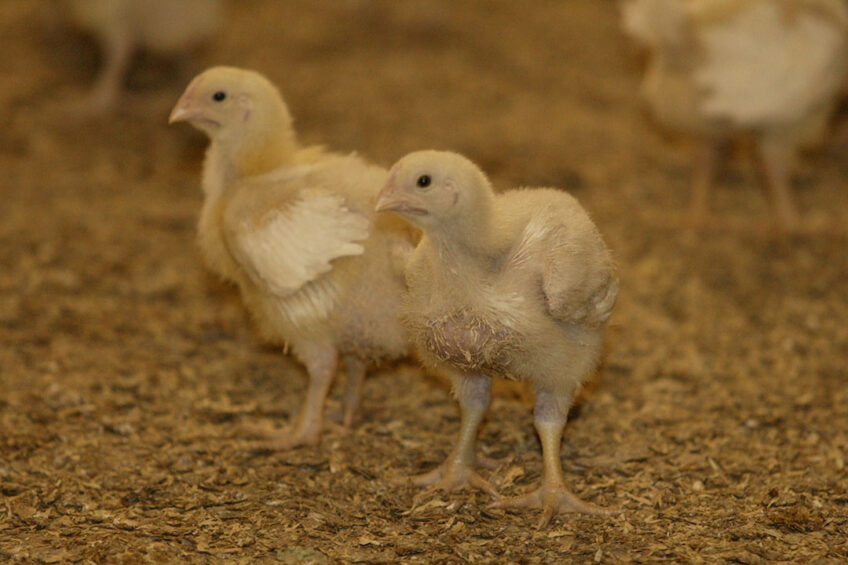RSPCA to challenge Defra over legality of fast-growing broilers

The UK’s largest animal welfare charity, the RSPCA, is to intervene in support of a judicial review on intensively bred chickens. It has announced that it will contribute evidence and arguments in what it describes as a “potentially landmark” judicial review being brought by the Humane League UK at the High Court in London in May.
Its evidence will concentrate on both the welfare issues of fast-growing breeds and the lack of clarity of the current animal welfare legislation.
The case challenges the UK government on the legality of allowing the use of genetically-selected fast-growing breeds of meat chickens. The challenge is based on the RSPCA’s ‘Eat. Sit. Suffer. Repeat: The life of a typical meat chicken’ report, which was published in 2020, and highlighted the welfare issues associated with breeds selected to grow fast.
Health and welfare issue
Its research has demonstrated that faster-growing breeds are more likely to die or need to be culled due to ill health, develop sores on their legs and struggle to walk properly. They reach their average slaughter weight in 35 days, and the charity says that such rapid growth rates can contribute to other health problems, including ascites (heart failure), sudden death syndrome (heart attacks) as well as leg and foot issues.
Kate Parkes, RSPCA poultry expert, said the charity was pleased it had been granted permission to act as an intervener in the case as research clearly shows the welfare issues associated with fast-growing breeds was unacceptable.
“We have long had serious concerns about the welfare of fast-growing breeds of meat chickens. The strain of growing at such a rate to fulfil demand for cheap, readily available chicken means that by the end of their short lives, these fast-growing birds are less able to exhibit their natural behaviour such as foraging, dust bathing and perching and instead spend most of their lives sitting and eating, less able to move around.”
Rearing slower-growing birds
The use of fast-growing breeds of chicken is not permitted under its RSPCA Assured Scheme – the charity’s ethical label and farm assurance scheme, due to the welfare issues involved.
Many farmers agree that there are significant benefits to rearing slower-growing, higher-welfare breeds. Mark Gorton, managing director of Traditional Norfolk Poultry, said: “We have found that the slow-growing breeds of chickens we grow are best adapted to making the most of what we provide as they seem to have an abundance of energy which allows their natural inquisitive instincts to really show, which is what we are trying to achieve. It is not unusual to see all of the perches we provide completely full of birds or to see young chickens running around outside chasing insects.”
The RSPCA supports the Better Chicken Commitment campaign, which is dedicated to raising welfare standards across the chicken supply chain by 2026.









